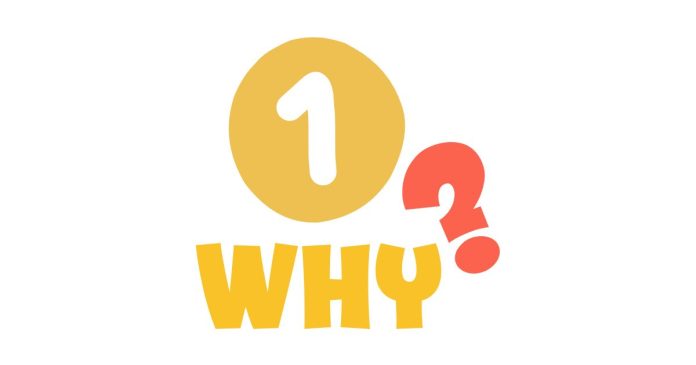A prime number is defined as a natural number greater than 1 that has exactly two distinct positive divisors: 1 and itself. Here’s why 1 does not meet this definition:
Definition of a Prime Number
- A prime number must have two distinct factors:
- The number 1.
- The number itself.
- Examples:
- 2 is prime because its factors are 1 and 2.
- 3 is prime because its factors are 1 and 3.
Factors of 1
- The number 1 only has one factor: itself.
- Its factors are: 1.
- Since 1 does not have exactly two distinct factors, it is not prime.
Mathematical and Practical Reasons
- Consistency in Number Theory: Defining 1 as prime would disrupt many mathematical rules and theorems about primes, such as the Fundamental Theorem of Arithmetic, which states that every number greater than 1 is uniquely expressed as a product of prime numbers.
- Uniformity Across Mathematics: Excluding 1 ensures that prime numbers start from 2, the smallest prime, and follow consistent properties.
Conclusion
The number 1 is not a prime number because it does not meet the fundamental definition of having exactly two distinct factors.


